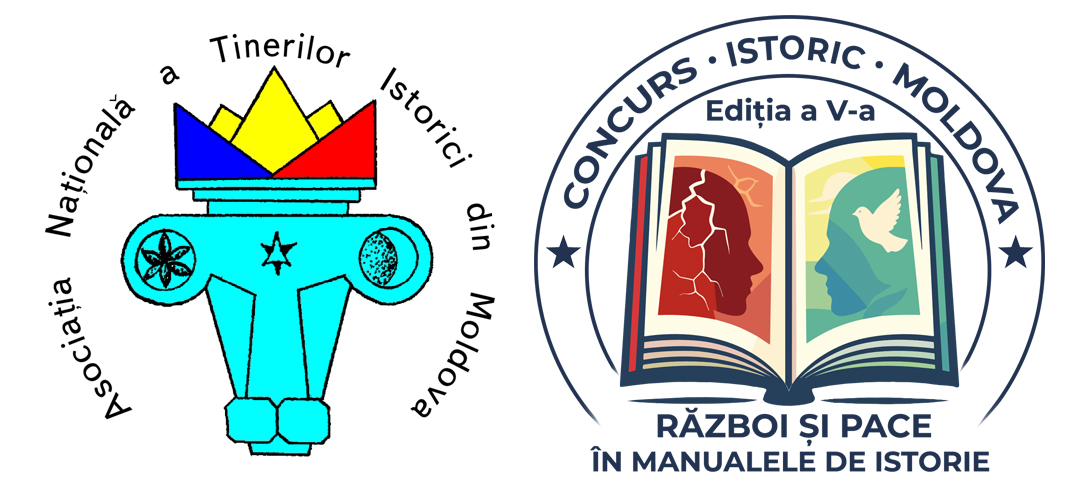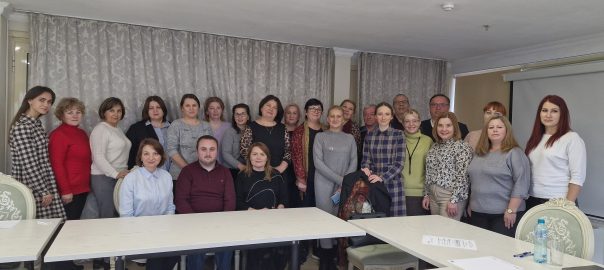On November 8-9, 2024, in Chisinau, took place the History Lab, part 2, an event organized in the context of the implementation of the International Project “Toolkit for Critical History Teaching”.
The project has been running in Moldova since 2017 and includes activities for both teachers and students. The activity was attended by history teachers from educational institutions in Chisinau and the country’s districts, whose students participated in the Historical Research Contest, 4th Edition (2023-2024) under the title ” Dismantling propaganda in the history of the 20th century – a call for peace and development”.
In the first session – “Declassification of Archives – an effort to reconsider the recent past”, the teachers had the opportunity to visit the National Archives Agency, where they had access to valuable documents. This experience allowed them to discover archives essential for understanding recent history and the national past, and to explore official historical sources. In the context of the transfer of the archive files of the Soviet political police and the KGB’s internal manuals to the National Archives Agency (NAA), the importance of preserving, studying and capitalizing on them for understanding and documenting the repressive activities of the communist regime is emphasized.
Igor Casu – Director of the National Archives Agency, analyzing the Soviet KGB Archives, presented the strategies of fight against national identity. By presenting historical documents from the archives of the KGB, he has provided a valuable insight into the systematic methods of controlling and undermining nationalism, highlighting the importance of studying them for understanding how totalitarian regimes impose their ideology and control the destiny of subjugated nations. These analyses have made a significant contribution to reconsidering the recent past and have emphasized the need for a critical reflection on it.
Sophia Kalashnikova Horowitz, described, in her presentation, Soviet KGB Archives methods of agent recruitment, evidence and interaction, the complexity of the relationship between the KGB and its agents. This presentation brought to the forefront the complexity of the KGB’s recruitment activities and how the agency built a vast network of influence and control, emphasizing the importance of archives for a deep understanding of these mechanisms of power.
The project is implemented by the Institute for International Cooperation of the German Adult Education Association (DVV International) in collaboration with ANTIM – National Association of Young Historians of the Republic of Moldova, with the support of the Körber-Stiftung Foundation, Germany.

